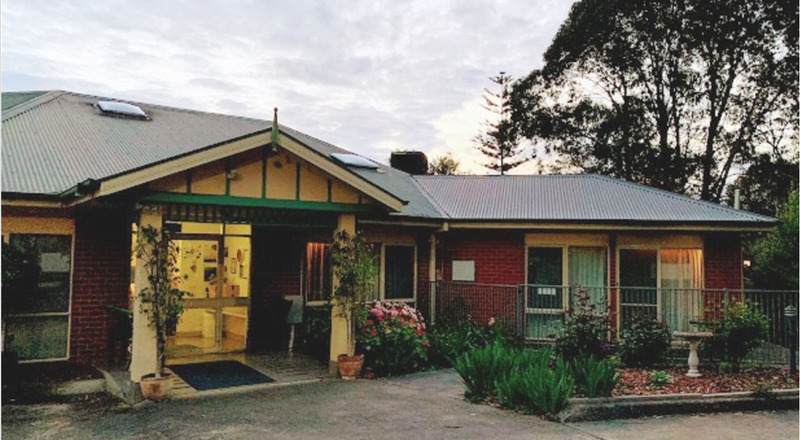Size does matter – how key will scale be to adapting to the Royal Commission reforms?
While this suggests the provider also needs to be ‘small’, this is not always the case as the Senior Counsel pointed out (see this story)

Last week in The Daily RESOURCE, we reported on Bolton Clarke Chairman Pat McIntosh AM CSC’s presentation to LASA’s Ten Days of Congress. The Chairman revealed a plan by the Not For Profit aged care, home care and retirement living provider to double in size by 2025 – just five years away. Now the Royal Commission has unveiled recommendations for aged care accommodation that would again seem to favour larger operators over smaller providers. So, who is best equipped?
Bolton Clarke looking to maintain market share
Bolton Clarke has 24 aged care homes, 25 retirement villages and over 130,000 home care clients – so doubling its size is no small task. Nevertheless, Mr McIntosh says the board is committed to significantly growing their home care business as well as expanding their aged care homes and supported living into NSW and Victoria – not only to grow their market share, but also to keep costs down.
“Size does matter in a low margin sector such as ours,” he said. “For example, it would be very difficult to sustain the corporate overheads required to build the clinical expertise needed to govern and manage seriously health-compromised clients without a significant revenue base.”
In a low-margin business, the corporate overheads ratio can be reduced by growing the underlying businesses, he added.
“Further, in an ageing society simply maintaining market share will necessitate growth,” he said. “We are doing this to maintain market share and maintain a position of influence in our sector.”
Does ‘small scale’ require smaller operators?
To meet this goal, Bolton Clarke has exited 25 contracts in the past two years that were not aligned with or delivering a reasonable margin.
“Importantly, all of our growth is customer-informed with hard assets being built to meet future customer and market needs.”
Now take the Counsel Assisting’s recommendation for small house models to become the norm. While this suggests the provider also needs to be ‘small’, this is not always the case as the Senior Counsel pointed out (see this story).
Larger operators have more resources
Evidence to the Royal Commission from small home providers is that while their operating costs are comparable, they tend to have a higher start-up cost. They also require significant training for staff. Both of these factors suggest that larger operators have the advantage. We can’t help but return to this argument from Frank Weits, the CEO of ACH Group – another Not For Profit residential care, retirement village and home care provider – that providers need to find a niche or develop scale to survive.





